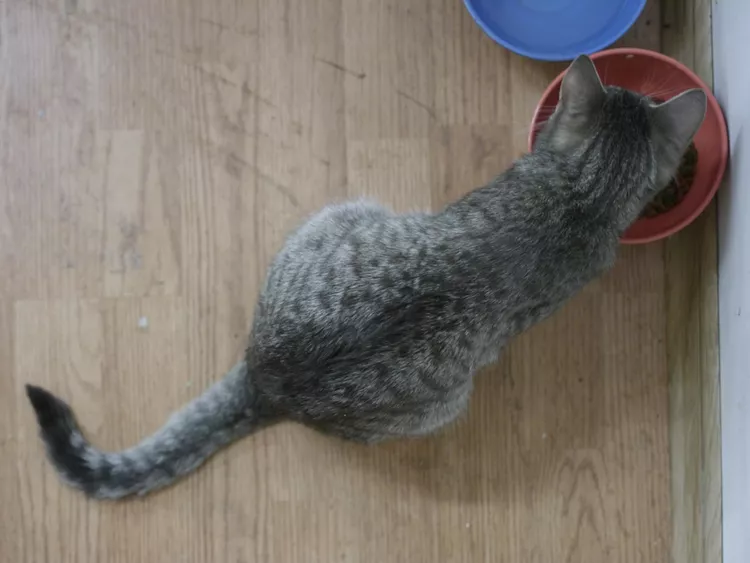
Urinary issues are a common problem for cats. Many cats will experience signs of lower urinary tract disease (FLUTD) at some point, or they may experience problems related to uroliths (bladder stones) or infections. While these issues are treatable, they can be painful. Untreated, they can sometimes be deadly.
Urine crystals and bladder stones form from sediment in the urine, composed of a variety of substances including magnesium, calcium, and/or phosphorus. Special diets that prevent the formation of one kind of crystal can actually cause the other, so it is best to avoid such diets for your cat unless directed by your veterinarian.
A great deal of research has been on-going as to the relationship of diet to urinary tract health, and the thinking has changed over time. Originally it was thought that diets high in magnesium and ash contributed to the problem. Now, more emphasis is being placed on the pH of urine (acidic or alkaline), how dilute the urine is, as well as non-dietary factors.
By far the most important "food" for your cat's urinary health is plain water. That's because neither crystals nor bladder stones can form when minerals are sufficiently diluted.
It can be tough to get your cat to drink a great deal of water, as cats are naturally thirst-tolerant animals. Some strategies for increasing your cat's water intake include purchasing a "kitty fountain" or providing plenty of fresh water in multiple bowls. Kitty fountains are particularly effective because many cats prefer drinking running water.
In general, good quality canned cat foods are better for urinary health than dry foods. That said, however, there are some dry foods that have been carefully pH balanced. Even if you choose a high-quality dry food, however, canned food and water remain your cat's most important weapons against urinary crystals or stones.
While you may prefer to buy organic or specialty cat foods, it really isn't necessary unless your cat already has urinary issues or your vet suggests a particular type of food. Generally, a good quality commercial food should be fine for your cat.
If you do prefer to serve your cat dry food (as many people do to avoid the smell of canned options!), it's is still a good idea to supplement your cat's dry food diet with a small amount of canned food each day, or consider soaking the kibble in water to moisten in before serving.
Make sure your cat always has plenty of fresh, clean water, and avoid feeding it table scraps. If you find that your cat is not drinking enough, try experimenting with a kitty fountain, changing its water daily, or adding more water bowls to your home.
Watch carefully for any signs of distress, such as straining to urinate or missing the litter box.
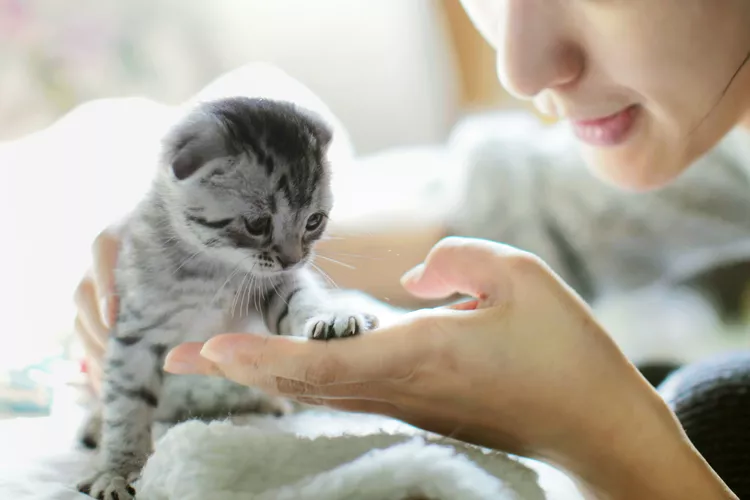
The First 30 Days With Your New Kitten
The first month is full of changes and excitement for a kitten in a new home. Find out what to expect and what you can do for your new feline friend.
How Old Is Your Cat in Human Years?
As a cat ages, there are often behavioral and physical changes too. Find out how to convert cat years to human years and what to expect at each stage.
What to Buy for Your New Cat: A List of Essentials
Before you bring your new cat or kitten home, there are a number of things to collect or buy so your cat will feel welcomed like a family member.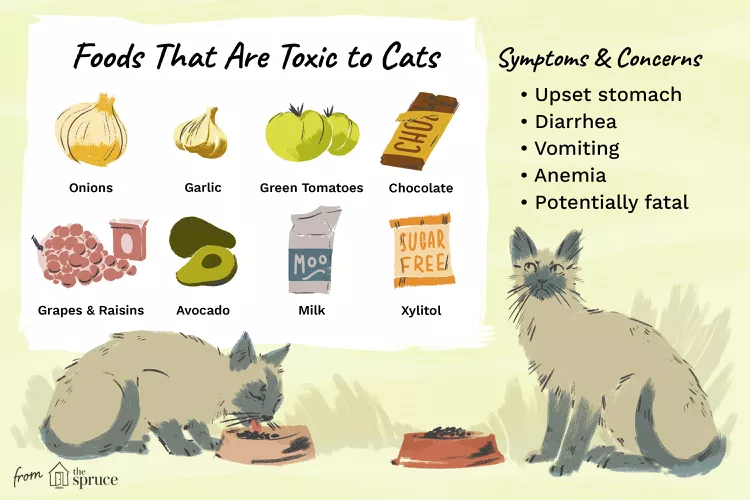
Human Foods That Are Poisonous to Cats
Many human foods are toxic to cats. Avoid feeding cats table scraps. Instead, feed a nutritious cat food created for their specific nutritional needs.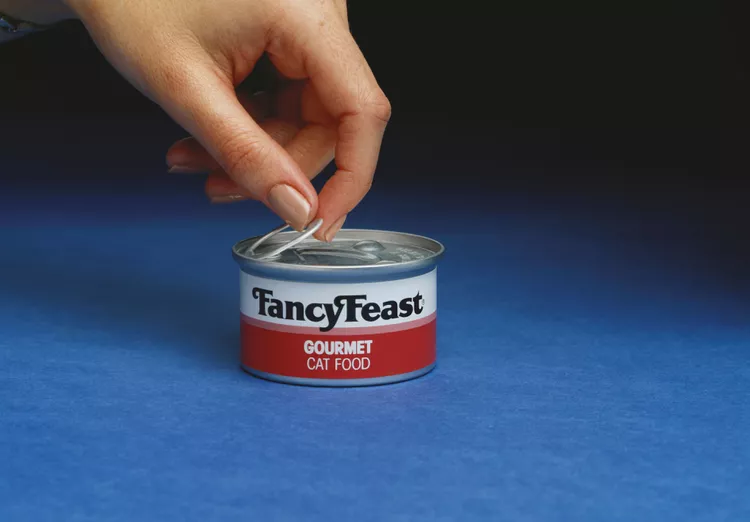
Cat Food Ingredients to Avoid
When checking the nutrition content of cat food, look for ingredients that are not healthy or show it is of poor quality. Avoid these 3 ingredients.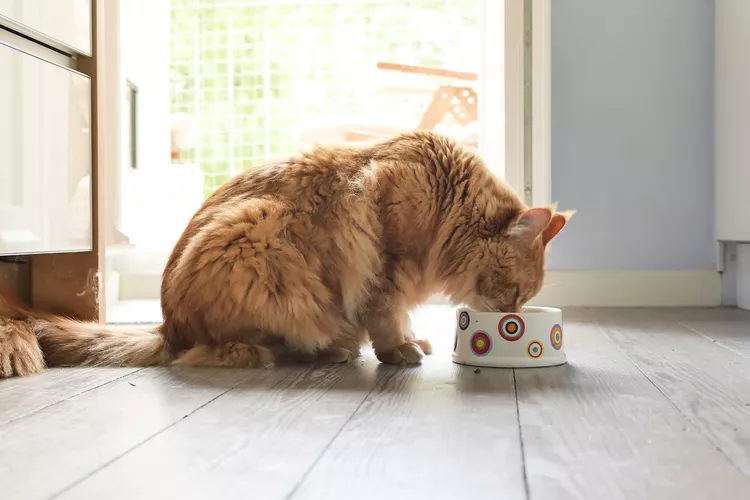
Should You Feed Your Cat a Raw Diet?
Learn the pros and cons of raw diets for cats, and find out how to choose a raw food diet for your own cat.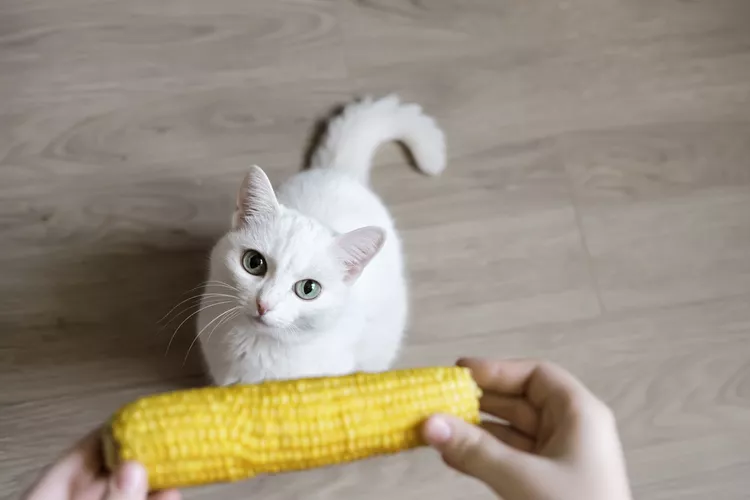
Can Cats Eat Corn? Here's What A Vet Thinks
Corn is a common ingredient in cat food and can be a safe treat for cats when fed in moderation. Find out more about how to safely feed corn to your cat.
10 Obscure, Little-known Canine Facts in Honor of National Dog Day
With National Dog Day upon us, it's time to celebrate everything about our favorite pets—even the weirder stuff. Here are 10 obscure facts about dogs you probably didn't know.
The Different Types of Pet-Friendly Workplaces
Discover the different types of pet-friendly workplaces and the benefits they offer employees. Learn how to create a pet-friendly workplace and the best practices for pet owners.
Exploring the Different Types of Pet-Friendly Beaches
Are you looking for pet-friendly beaches? Learn about the different types of pet-friendly beaches, their locations, and tips for visiting them with your pet.
Why Is My Dog Lethargic?
Lethargy can be a sign that something is wrong with your dog. Find out what may be causing this lack of energy and what you should do about it.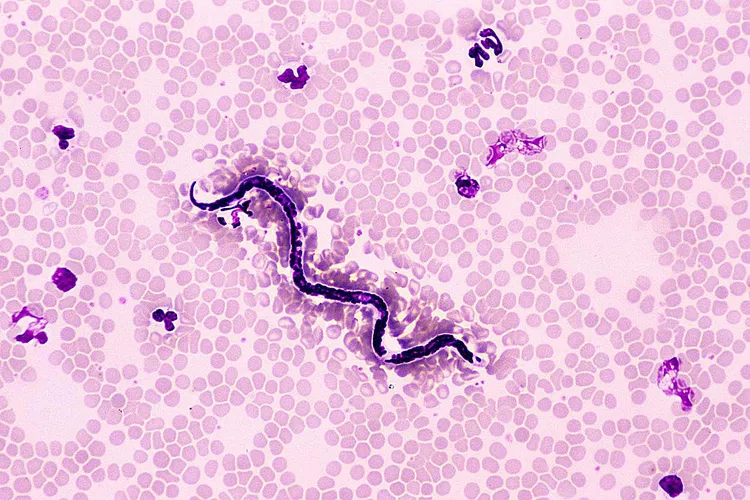
Medications to Prevent Heartworm Disease for Dogs
Heartworm disease is a serious risk for all dogs exposed to mosquitos. Find out about the products used to prevent Heartworm disease in dogs.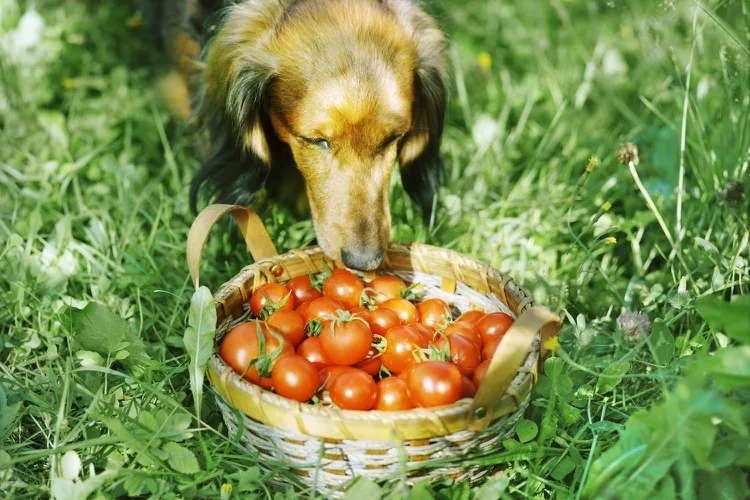
Can My Dog Eat Tomatoes?
You'll want to keep Fido out of your garden since the tomato plant is toxic, but you can safely offer him ripe tomatoes as a nutrient-packed treat.
15 Best American Cat Breeds
Several cat breeds, including the American shorthair and Bengal, have their origins in the United States. Learn more about these American cat breeds.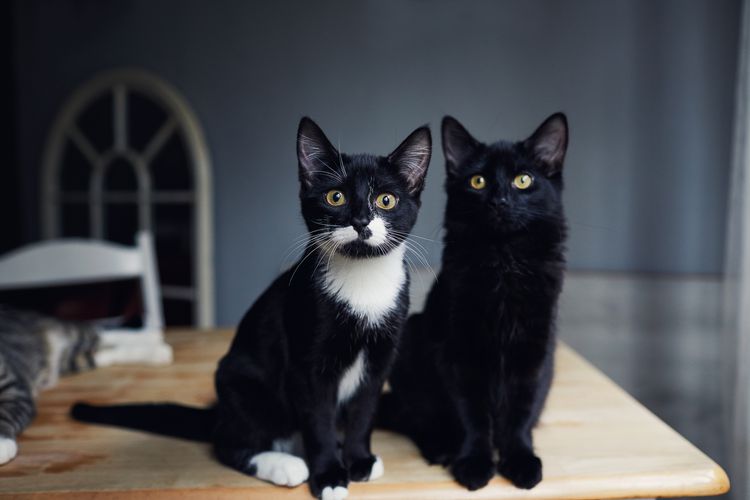
Why Do Cats Slap Each Other?
Cats can have some quirky behaviors—one of them being slapping each other. Why do they do this and what can you do to stop it?
Skye Terrier: Dog Breed Characteristics & Care
Learn all about the Skye Terrier, an elegant breed known for its friendly and even-tempered personality with classic terrier traits.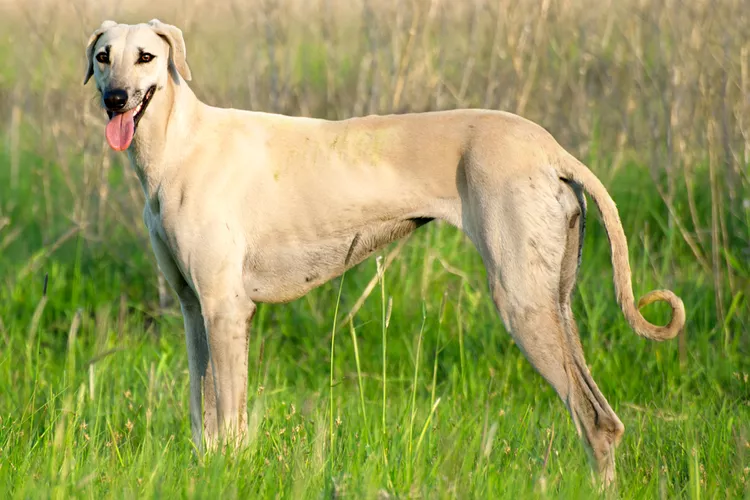
Sloughi: Dog Breed Characteristics & Care
Learn all about the Sloughi, an ancient dog breed known for its impressive running ability, slim stature, and affection toward its family.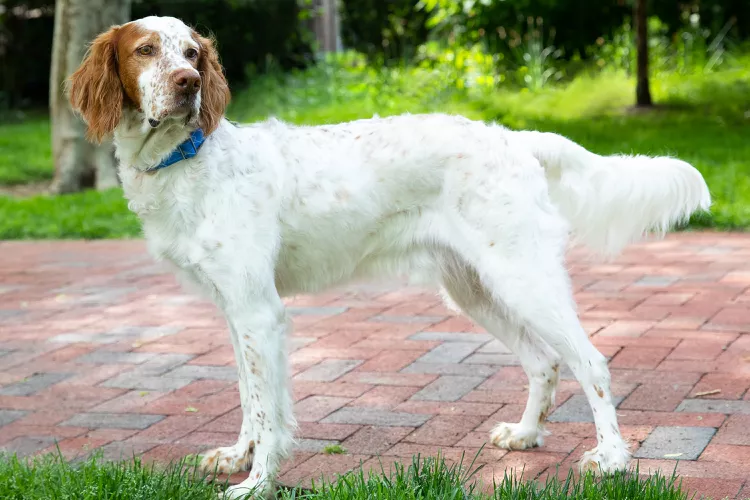
English Setter: Dog Breed Characteristics & Care
Learn about the English setter, an excellent hunting breed for pointing and retrieving game. It's also a popular and affectionate companion dog.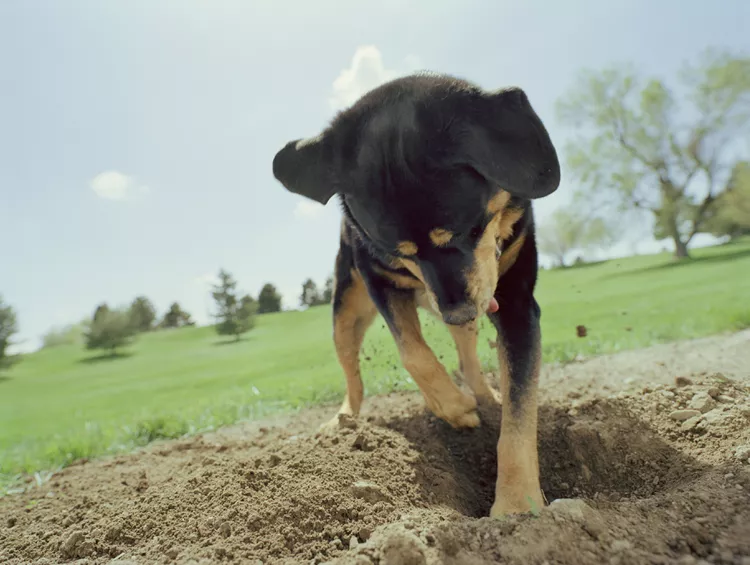
Why Dogs Bury Bones and Other Objects
If you give a dog a bone, he might bury it. Why is that? Learn about this burying behavior in dogs and what it means for your pet.
Reasons Why Dogs Run Away and How to Stop It
Dogs can escape, especially if they’re bored and not properly contained. Here are some techniques for stopping your dog from running away.